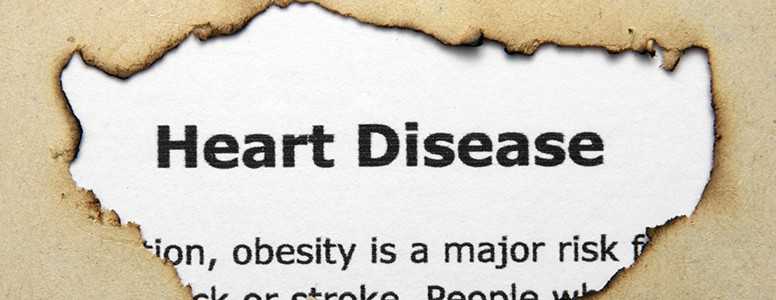The US Food and Drug Administration (FDA) have granted approval to a phase II human trial of a vaccine for type 1 diabetes.
The vaccine, which is known as Bacillus Calmette-Guerin (BCG), is unlike other proposed vaccines for type 1 diabetes, most of which are preventative. In other words, they would only be capable of stopping the development of type 1 diabetes in the first place; they would not be able to reverse type 1 diabetes in people already diagnosed.
BCG on the other hand could be capable of reversing type 1 diabetes in people between the ages of 18 and 60 who still retain some level of insulin production. Recent research has indicated that most people with type 1 diabetes continue to secrete small levels of insulin for years after being diagnosed.
BCG has already been used to effectively reverse type 1 diabetes in a group of a mice. Following that success, the researchers conducted a phase I clinical trial on humans, which was also successful.
The phase II human trail will be conducted on 150 adults with long-term type 1 diabetes. The participants will be separated into two groups: the first will receive two BCG injections over a four week course, before moving on to one injection every year for four years. The second group will follow the same routine, but their initial injections will be placebos.
“In the phase I clinical trial we demonstrated a statistically significant response to BCG, but our goal in phase II is to create a lasting therapeutic response,” said Denise Faustma, director of the Massachusetts General Hospital (MGH) immunobiology laboratory, and principal investigator of the study.
“We will be working with people who have had type 1 diabetes for many years. This is not a prevention trial: instead, we are trying to create a regimen that will treat even advanced disease.”
BCG is already FDA approved as a vaccine against tuberculosis, and as a treatment for bladder cancer. Faustman and her team discovered that BCG can also temporarily inhibit the rogue white blood cells that cause the autoimmune response that triggers type 1 diabetes.
What's new on the forum? ⭐️
Get our free newsletters
Stay up to date with the latest news, research and breakthroughs.







